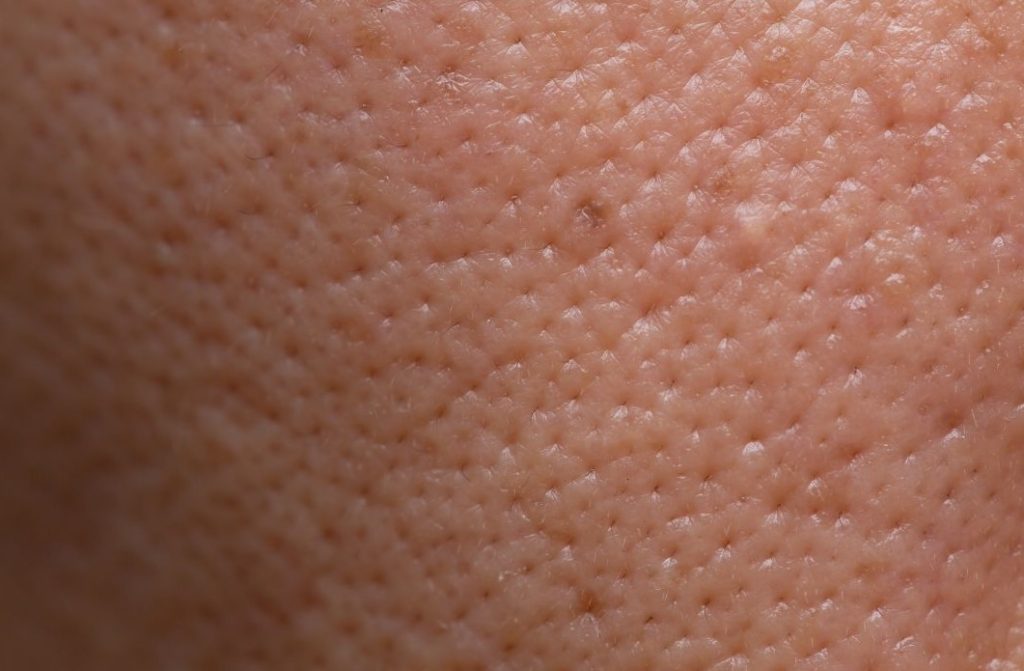Facial acne is one of the most common skin concerns, and it doesn’t just affect teenagers. Many adults still find themselves dealing with breakouts well into their 30s and beyond. For some, it’s a few occasional spots. For others, it’s a more persistent issue that impacts confidence and comfort in their skin.
What makes acne tricky is that the causes aren’t always obvious. Some people blame their skincare routine, others point to stress or diet. And in truth, they might all be right. Acne often stems from a mix of internal and external factors, which can make it feel frustrating to treat without knowing where to start.
That’s why understanding facial acne causes is such a useful step. When you can identify what’s most likely driving your breakouts — whether it’s acne and hormones, diet and acne, skincare acne triggers, or the stress acne connection — it becomes a lot easier to make choices that actually support your skin.
Everyone’s skin behaves differently. So instead of throwing random products at the problem, finding out what’s going on underneath can help you move toward something that really works, at your pace, and in your way.
Hormonal Imbalances and Acne
One of the most talked-about — and misunderstood — facial acne causes is hormones. They don’t just affect teenagers; they can cause issues for adults too, especially around the menstrual cycle, pregnancy, menopause, or other hormonal shifts.
Changes in oestrogen, progesterone, and androgens can influence how much oil the skin produces. And when oil production ramps up, pores get blocked more easily, making breakouts more likely. This is why so many people experience flare-ups at certain times of the month or during life changes.
The link between acne and hormones isn’t always easy to spot, but it’s a big reason why some people don’t respond to over-the-counter products. For those noticing a clear hormonal pattern, it might be worth exploring treatment options that take this into account.
Dietary Influences on Skin Health

You’ve probably heard people mention that chocolate or greasy food causes acne, and while that’s not quite true, what you eat can definitely have an effect on your skin. The relationship between diet and acne is still being studied, but some patterns have become clearer over time.
For instance, high-sugar foods — like cakes, fizzy drinks, and white bread — can spike insulin levels, which may increase oil production. That, in turn, makes skin more prone to clogging. Some people also find that dairy (especially skimmed milk) seems to make breakouts worse, though this isn’t the case for everyone.
On the flip side, not getting enough nutrients like zinc, vitamin A, or omega-3 fats might also affect skin health. And staying properly hydrated can help the skin’s barrier function, which is often overlooked.
So while diet isn’t the only cause, it’s definitely worth considering — especially if breakouts seem to follow food changes.
Stress and Its Impact on Acne
Stress doesn’t just live in your head — it often shows up on your skin. When you’re under pressure, your body releases more cortisol, a hormone that can push the skin’s oil glands into overdrive. That’s part of why the stress acne connection feels so real.
Beyond hormones, stress can also make skin more reactive and less able to heal quickly. It might trigger picking or over-washing, too — habits that can worsen inflammation or spread bacteria.
Some people notice their skin breaking out right before big events or during difficult life periods. While stress isn’t something you can always avoid, finding small ways to lower it might genuinely help your skin feel (and look) more balanced.
Skincare Products and Pore Clogging

Sometimes, it’s the products meant to help that end up making things worse. It’s not always obvious, but a surprising number of everyday skincare items contain comedogenic ingredients — meaning they’re likely to clog pores.
Things like coconut oil, certain alcohols, or thick silicones can sit on the skin and trap debris. For people who are already prone to breakouts, this can lead to more spots, especially if they’re using heavy creams or layering too many products. It’s one of the most overlooked skincare acne triggers.
Even cleansing too often or using harsh exfoliants can disrupt the skin’s barrier, leading to irritation and flare-ups. Acne-prone skin usually does better with a gentle, balanced routine, not one that strips it bare.
A few things to check for:
- Labels that say “non-comedogenic” or “oil-free”
- Simplifying routines with fewer products
- Avoiding thick makeup or SPF formulas that don’t rinse off properly
Genetics and Acne Predisposition
It’s not fair, but some people are just more likely to get acne than others, and that often comes down to genetic acne factors.
If one or both parents dealt with frequent breakouts, there’s a higher chance their children will too. This doesn’t mean acne is guaranteed, but things like skin type, oil production, and even inflammatory responses can run in families.
Understanding this genetic link can be helpful. It explains why some people get breakouts even with a great routine, while others rarely deal with spots at all. The good news? Even if acne runs in the family, it doesn’t mean you’re stuck with it. It just might take a more personalised approach to find what works best.
Facial acne isn’t just about one thing — it’s usually the result of a mix. Hormones, diet, stress, skincare habits, and genetics all play their part, and figuring out which ones matter most to you can make a big difference.
Once you understand the possible facial acne causes, it becomes a bit easier to stop guessing and start looking at what might actually help. If you’re thinking about next steps, you can explore effective acne treatments through WePrescribe’s online service — it’s confidential, supportive, and reviewed by UK-registered GPs.
Looking for support? WePrescribe offers discreet, GP-reviewed services that can help people explore safe and appropriate acne treatment options online, when the time feels right.


